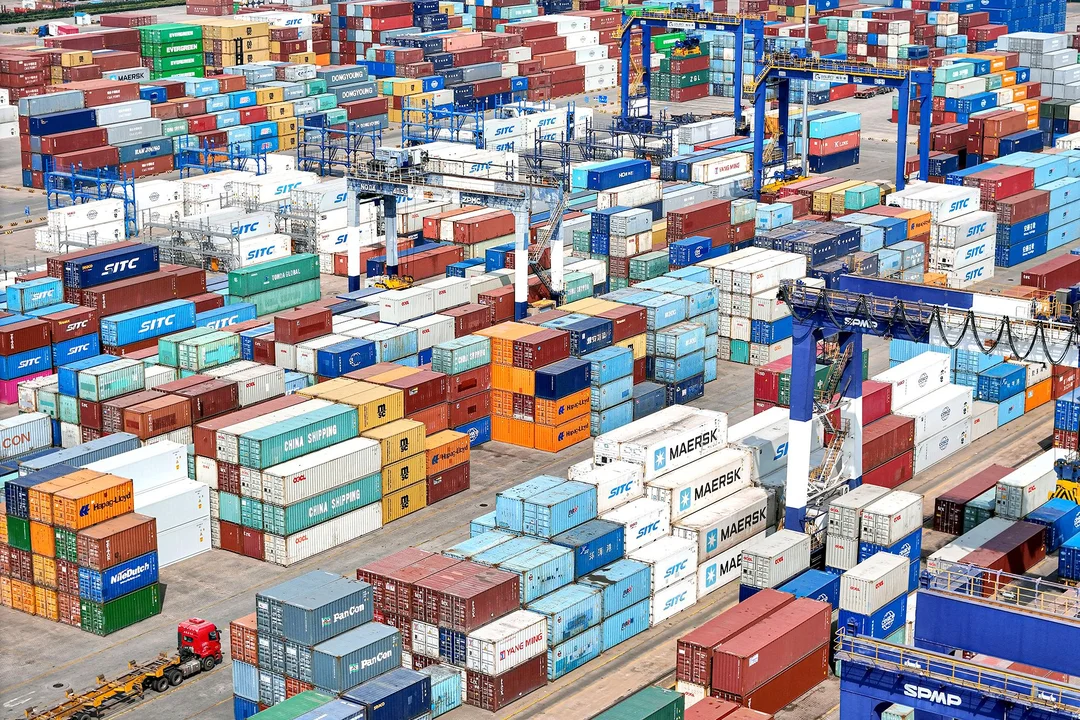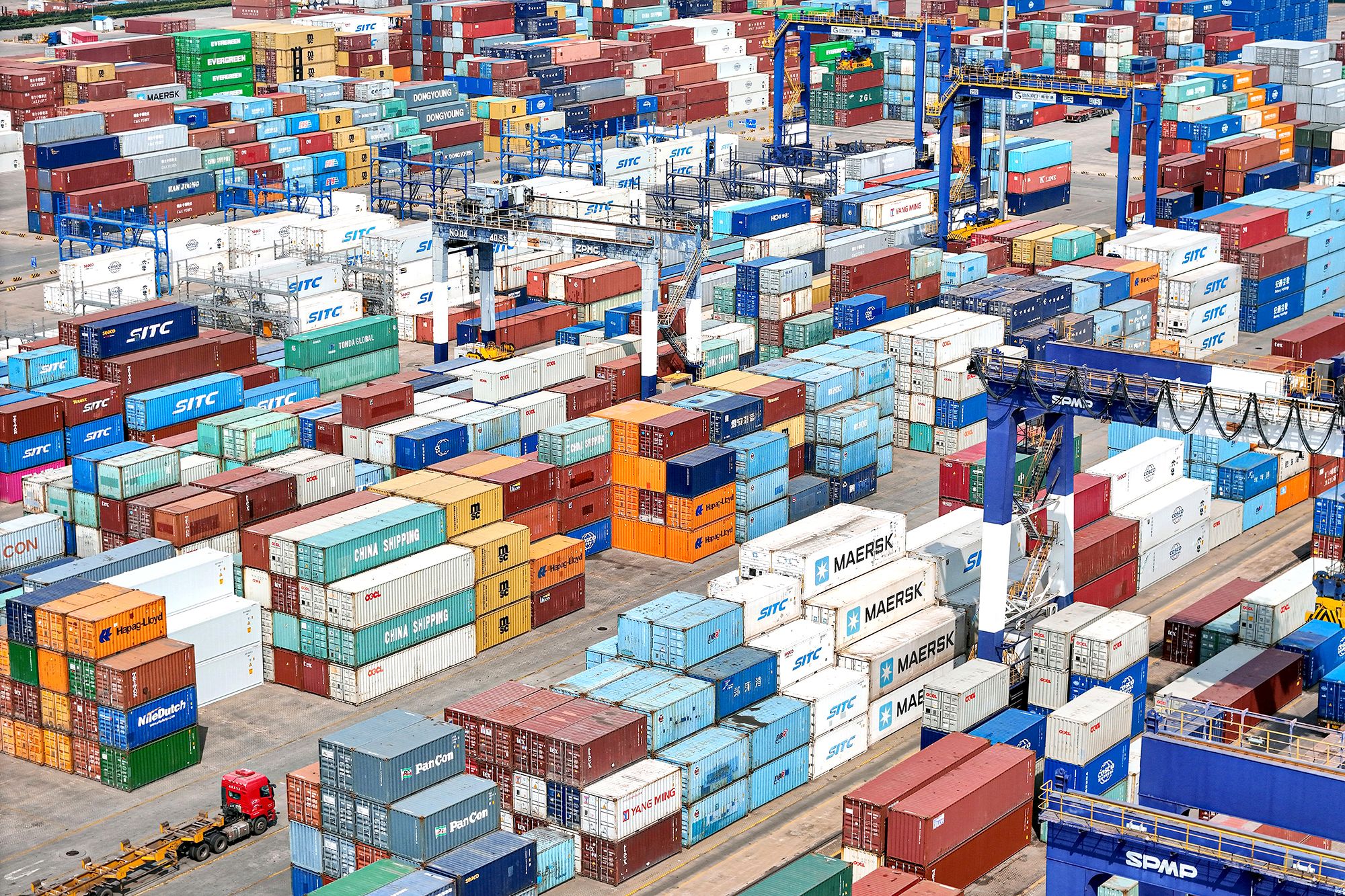
Trump’s Tariffs on China Stir U.S. Market and Global Trade
Former President Donald Trump's recent tariff impositions on China have triggered significant reactions in the U.S. market and global trade dynamics. According to The Wall Street Journal, these tariffs are part of a broader foreign policy strategy aimed at reshaping economic relations with China. The immediate impact was evident in the U.S. stock market, which experienced a notable selloff following the announcement, as reported by Reuters.
The Associated Press highlighted that these tariffs are not only affecting financial markets but also causing disruptions in supply chains. A factory producing baseball caps, featured in an NBC News report, exemplifies the chaos brought by these tariffs. The factory's operations have been thrown into disarray, with potential price hikes looming on the horizon as businesses struggle to adapt to the new trade environment.
These developments underscore the complex interplay between U.S. foreign policy and global economic stability. As businesses and consumers brace for the ripple effects, the long-term implications of Trump's tariff strategy remain a subject of intense debate and scrutiny.
Detailed
Related issues news
What are US tariffs on China?
On April 2, 2025, the Trump administration brought the total import tariff on China to 54%, with the Chinese government vowing retaliation in response.
Does China have tariffs?
China Customs assesses and collects tariffs. Import tariff rates are divided into six categories: general rates, most-favored-nation (MFN) rates, agreement rates, preferential rates, tariff rate quota rates, and provisional rates. As a member of the WTO, imports from the United States are assessed at the MFN rate.
What is an effective tariff rate?
The effective tariff rate measures the percentage increase in domestic production activities (i.e., value-added) per unit of output that is facilitated by nominal tariffs on both the final product and imported inputs (Carbaugh, 2015).



